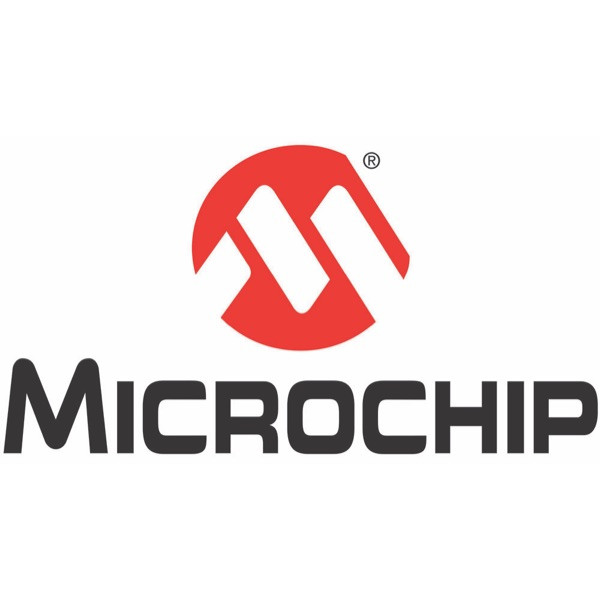Latest virtual cockpit infotainment system uses MOST technology
12-08-2015 |
Microchip Technology
|
Design & Manufacture
Microchip has announced that Audi AG is networking the Audi virtual cockpit
system in its new high-class Q7 SUV Models using MOST technology, following
a similar deployment in its TT coupe models. Specifically, Audi is utilizing
Microchip's OS81110 and OS81118 MOST150 Intelligent Network Interface
Controllers (INICs), which provide 150Mbps performance and support all MOST
network data types. The OS81118 also includes a High Speed USB 2.0 interface
(PHY/HSIC), to seamlessly connect with the virtual cockpit's system-on-chip
(SoC) processor.
To date, more than 170 million MOST interface controllers have been
installed in 184 car models since 2001. Audi and all major carmakers have
for many years successfully implemented MOST technology in their multi-node
infotainment networking systems, as it provides a field-proven, low-risk,
whole-system solution. The MOST150 standard also provides Ethernet or
Internet-protocol networking capabilities. This latest version of MOST
technology continues to predictably and efficiently transport video, audio,
packet and control data throughout the vehicle without time-synchronization
protocols, using dedicated channels for minimal processor overhead in the
main infotainment control unit processors.
"We are very grateful that Audi has once again adopted MOST150 Technology,
this time in its new Q7 SUV model," said Dan Termer, Microchip's automotive
vice president.
MOST150 also provides 150Mbps performance and proven
electromagnetic-compatibility (EMC) behaviour. All MOST INICs offer
industry-standard hardware interfaces to processor and peripheral devices
for the efficient routing of streaming, packet and control data, which
greatly simplifies module designs. End users can immediately access the
vehicle's infotainment system, due to the MOST INIC's ultra-fast network
start-up behaviour.
The MOST Cooperation standards enable automotive OEMs and their Tier 1
suppliers with a proven and well-supported methodology for defining and
implementing high-bandwidth infotainment and Advanced Driver Assistance
(ADAS) systems, including a standard physical layer and a robust method for
system management and control with superior reliability and Quality of
Service (QoS). Using MOST technology also results in reduced weight for
easier compliance with environmental regulations, says the company.
By Electropages
Electropages is a trusted source of news and insights from the global electronics industry. With a dedicated team of experts and editors, Electropages delivers in-depth articles, product updates, and market trends across sectors such as embedded systems, IoT, connectors, and power solutions. Our mission is to empower engineers and professionals with the knowledge they need to innovate and succeed in a rapidly evolving technological landscape.


